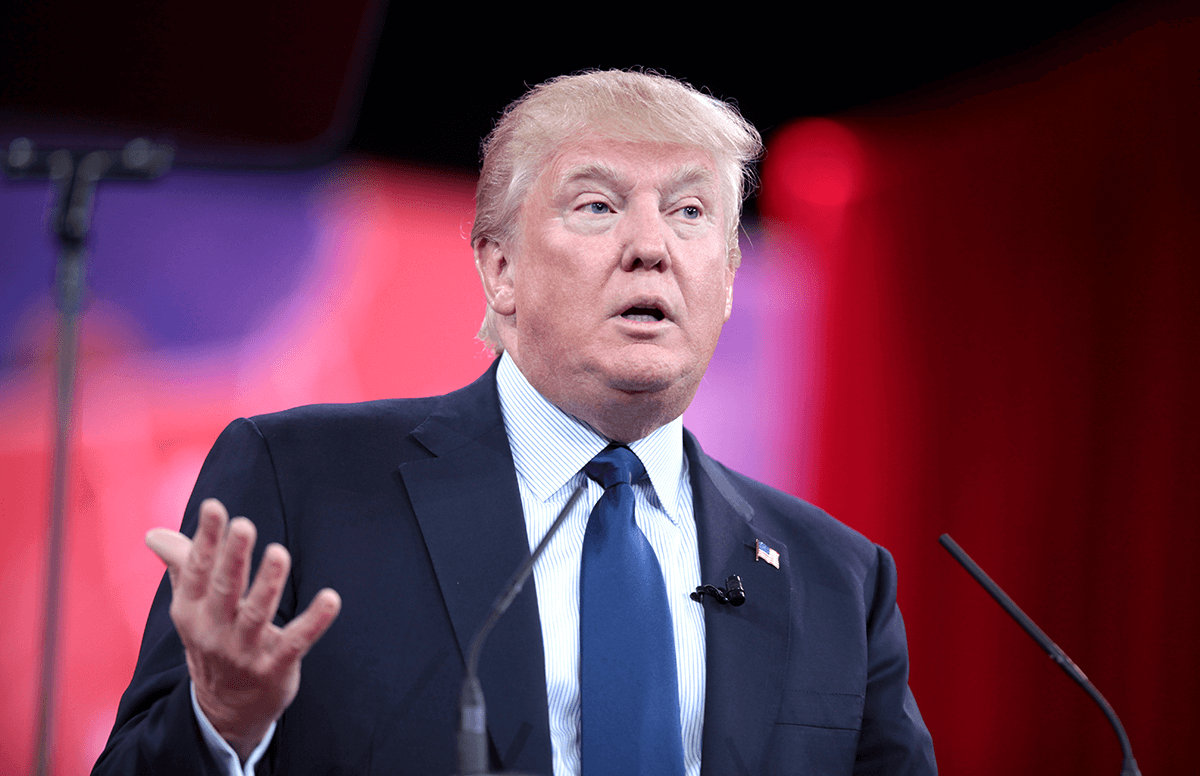Will the Rule to Protect Retirement Investors Survive Under Trump?
It might have helped Johnny Depp and could help you — if it happens
When Donald Trump says he is going to “drain the swamp,” he’s referring to the political quagmire of Washington, D.C. But I think there’s a second swamp that impacts the futures of millions of Americans: Wall Street. Many Wall Street firms, I believe, are run by executives who make millions putting their financial interests ahead of the customers buying their firms’ investment services and products.

A new federal rule that was scheduled to begin taking effect April 10 — known as The Fiduciary Rule or the Conflict-of-Interest Rule — could go a long way in changing this, however. Had it been the law earlier, The Fiduciary Rule might even have kept Johnny Depp out of the financial mess he’s now reportedly in. The question is: Will The Fiduciary Rule actually ever take effect?
Fiduciary Rule Pits Special Interests vs. the Public
Draining both swamps will pit Trump against two of the most powerful groups in America: politicians, and Wall Street executives. Who will Trump protect? The special interests or the American public?
One of Trump’s first actions was to freeze pending regulations initiated by President Obama. Trump said he wants time to evaluate their impact on businesses and the public. In the case of the Fiduciary Rule, he has an interesting choice to make: Does he let the pending regulation stand and protect the retirement assets of millions of Americans? Or does he kill it to protect Wall Street interests if the regulation is enacted?
The Fiduciary Rule, written by Obama’s Department of Labor, mandates that only financial fiduciaries can sell financial advice, services and products for retirement assets — things like Individual Retirement Accounts and 401(k)s.
Fiduciaries and Non-Fiduciaries
Fiduciaries are financial advisers who hold registrations permitting them to provide advice and services for fees (hourly, fixed or asset-based). Fiduciary is the highest ethical standard in the financial industry because a financial fiduciary must put the clients’ interests first. (Merrill Lynch has said it would voluntarily hold its retirement advisers to the new fiduciary standard.)
Non-fiduciaries are salespeople whose licenses limit them to selling financial products for commissions. They’re held to a lower ethical standard that is called suitability, which means they’re not required to put client interests first. In other words, they can legally recommend financial products that would cost their clients more, and be less appropriate for them, than alternatives.
Salespeople are supposed to know their clients well enough to make suitable investment recommendations. However, this ethical standard is vague and difficult to enforce.
The Need for The Fiduciary Rule
Investors are better off when their financial advisers are held to a higher standard of care. And their retirement assets need the best care possible. They impact when people can afford to retire, their standard of living during retirement and their financial security late in life.
Today, 62 percent of Americans believe they have not accumulated enough assets to retire when they want to or to live the way they want to. They can ill afford bad financial advice that will undermine achieving their retirement hopes and dreams.
The Trump Administration and The Fiduciary Rule
It now looks as though the The Fiduciary Rule might never kick in.
Today, President Trump signed an executive order delaying the April 10 effective date, ordering the Department of Labor to postpone the rule's implementation for at least 90 days and to conduct a review of it, a White House official told CNBC. The cable business network noted that Edward Mills, a financial policy analyst at FBR Capital Markets, said in a note that his firm expects a further delay of the rule of as long as two years once the Labor Secretary is sworn in. In January, Rep. Joe Wilson (R-S.C.) introduced legislation that would delay the rule for two years.
AARP Executive Vice President Nancy LeaMond said that "today's executive order harms middle-class Americans by pushing back the compliance date" and that this means many Americans "will continue to get conflicted financial advice that costs more and reduces what they are able to save for retirement."
Advice for Retirement Investors
So what should retirement investors do now?
Don’t select a financial professional based on his or her title. Anyone can claim to be a financial adviser. There are three easy ways to identify real financial advisers. They are either Registered Investment Advisers (RIAs), Investment Adviser Representatives (IARs) or compensated with fees. Ask any adviser you’re considering hiring to confirm his or her registration and methods of compensation in writing.
In a matter of months, we will know who is more important to President Trump: the American public or the special interests. Trump has the opportunity to be a game-changer. But, to do that, he will have to put the American public’s interests first.

